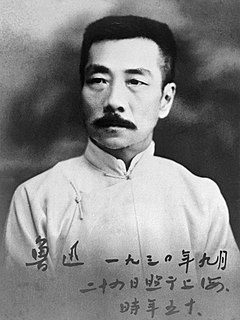A Quote by Anton Chekhov
No psychologist should pretend to understand what he does not understand... Only fools and charlatans know everything and understand nothing.
Quote Topics
Related Quotes
It is time for writers to admit that nothing in this world makes sense. Only fools and charlatans think they know and understand everything. The stupider they are, the wider they conceive their horizons to be. And if an artist decides to declare that he understands nothing of what he sees - this in itself constitutes a considerable clarity in the realm of thought, and a great step forward.
Everyone wants to understand art. Why not try to understand the song of a bird? Why does one love the night, flowers, everything around one, without trying to understand them? But in the case of a painting people have to understand. If only they would realize above all that an artist works of necessity, that he himself is only a trifling bit of the world, and that no more importance should be attached to him than to plenty of other things which please us in the world, though we can't explain them. People who try to explain pictures are usually barking up the wrong tree.
If someone smells a flower and says he does not understand, the reply to him is: there is nothing to understand, it is only a scent. If he persists, saying: that I know, but what does it all mean? Then one has either to change the subject, or make it more abstruse by saying that the scent is the shape which the universal joy takes in the flower.
And it's a necessity [for journalists] to pretend to be competent on every subject, some of which they really do not understand. They are under that necessity, I regret; I'm sorry for them. But to pretend to understand all the things you write about, and habitually to write about things you do not understand, is a very corrupting thing.
When you talk with famous scholars, the best thing is to pretend that occasionally you do not quite understand them. If you understand too little, you will be despised; if you understand too much, you will be disliked; if you just fail occasionally to understand them, you will suit each other very well.


































